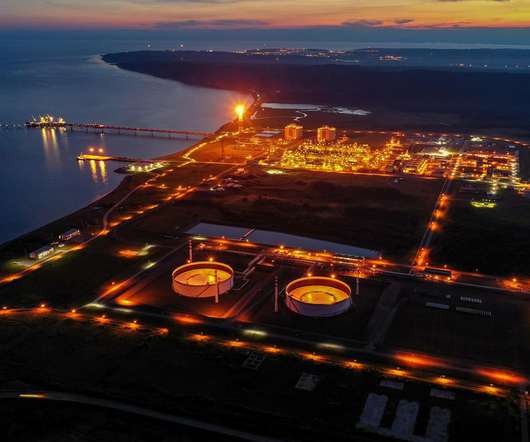Annual Increase in Global CO2 Emissions Halved in 2008; Decrease in Fossil Oil Consumption, Increase in Renewables Share
Green Car Congress
JUNE 26, 2009
Global CO 2 emissions from fuel use and cement production by region. In addition to high oil prices and the financial crisis, the increased use of new renewable energy sources, such as biofuels for road transport and wind energy for electricity generation, had a noticeable and mitigating impact on CO 2 emissions. Source: PBL.













Let's personalize your content